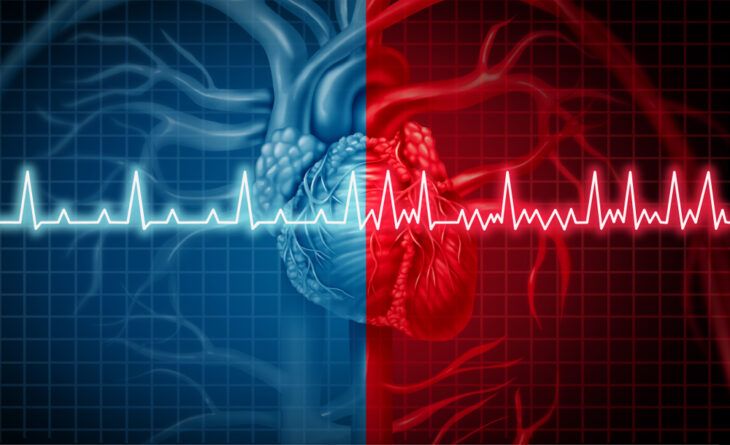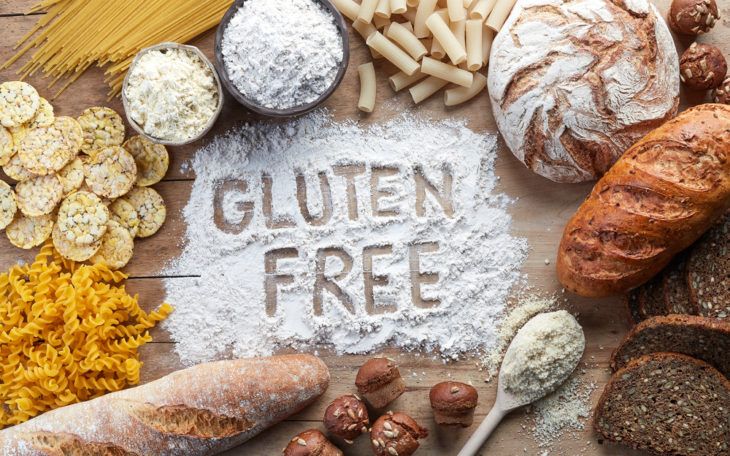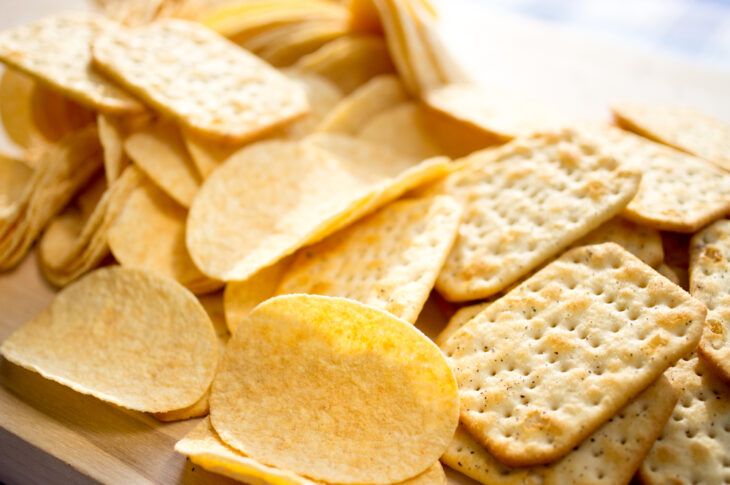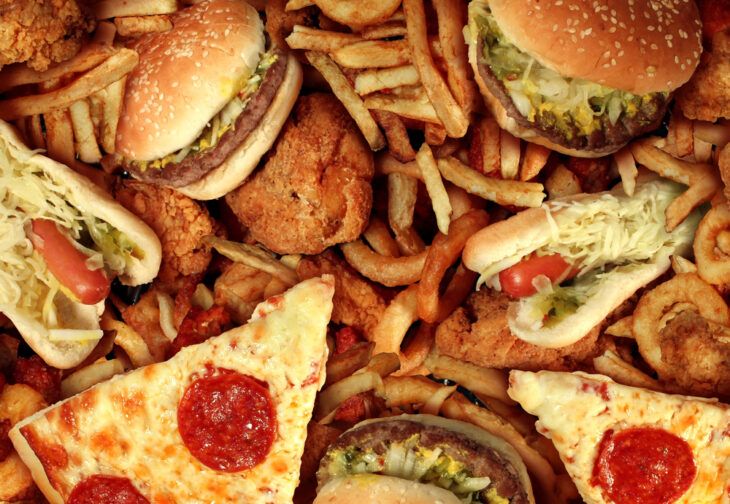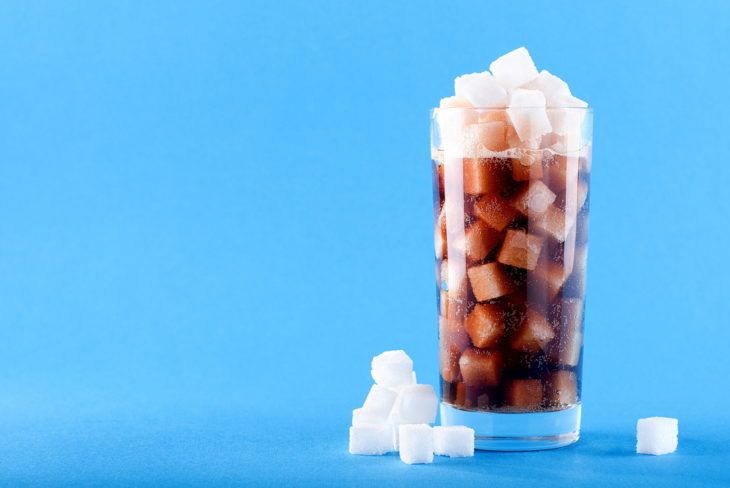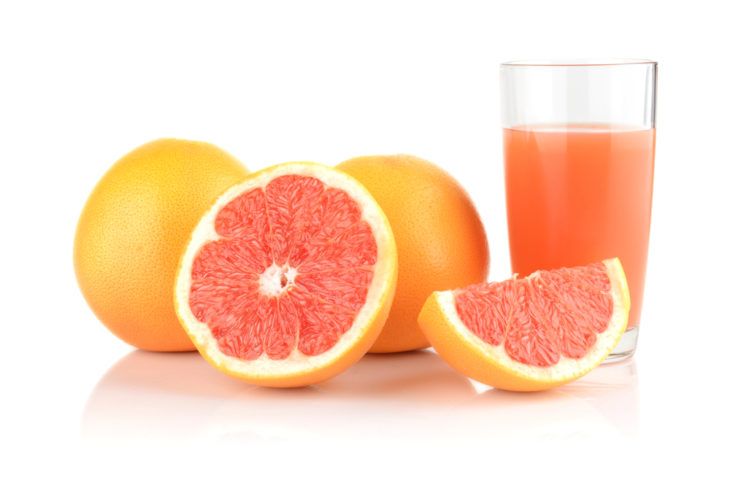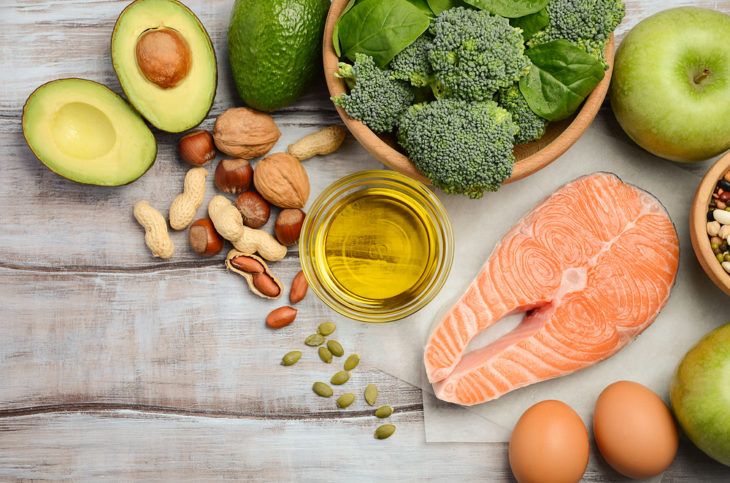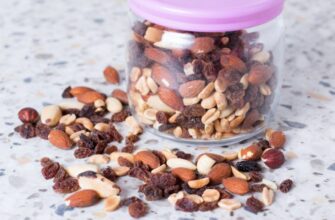When it comes to keeping you healthy, your family doctor has a whole lot of tools at their disposal. They can prescribe you medication, refer you to a specialist, or in the most extreme cases, they can get you in for surgery. But, as patients with atrial fibrillation (or AFib) know all too well, your doctor’s advice can only get you so far.
Treating AFib relies on a combination of professional care, medication, and discipline in the kitchen. You may need to give up a few preferred menu items, but just know that being proactive at the grocery store can help substantially. So, what is AFib, and what food items should you do your best to avoid? Read on to find out more!
What Is AFib?
Weakness, reduced ability to exercise, lightheadedness, chest pain, and shortness of breath are all warning signs of atrial fibrillation. AFib is a fast-growing heart condition typified by recurring periods of fast or irregular heartbeats.
The symptoms mentioned above are common, but not absolute. Many AFib sufferers failed to report any symptoms at all. In fact, many AFib diagnoses come at the conclusion of a routine physical examination. As if you need another reason not to skip your annual check-up!
The Risks of Leaving AFib Untreated
It may sound manageable to some, but untreated AFib is no laughing matter. It’s been known to increase a person’s risk of stroke and heart failure.
Heart and Stroke notes, that individuals with atrial fibrillation have 3 to 5 times greater risk for ischemic stroke. “Because the atria aren’t moving blood properly, blood pools and get stuck in the grooves of the heart,” says the source. This can cause blood clots to form which can restrict blood flow to the brain and cause an ischemic stroke.
Foods to Avoid With Atrial Fibrillation
There are several treatment options for AFib, including medication, surgery as well as other procedures. The right treatment for you will depend on how long you’ve had AFib.
Some lifestyle changes such as your diet may also help you manage AFib. It’s important that you work with your doctor to determine the best treatment plan for you. Ask your doctor if avoiding the following 7 foods can benefit your condition.
Salt
We could all benefit from decreasing our sodium intake. At least, that’s what the experts say. After all, salt has been clinically shown to elevate blood pressure, and among other things, high blood pressure almost doubles a person’s chance of developing AFib. Watching the amount of salt that you consume is just a good idea, especially as you age. Easier said than done though, right?
Salt is in almost everything. The frozen food aisle is loaded with it, as are a lot of restaurant entrees. You’ll also want to stay away from canned foods, salted nuts, as well as smoked, cured, salted, or canned meat. The goal is to limit your daily sodium intake to 2,300-milligrams (mg). Our advice, play it safe and opt for fresh foods. It’s healthier and tastier!
Alcohol
Alcohol affects atrial fibrillation in a variety of different ways, and none of them are good. Alcohol consumption can lead to obesity, hypertension, and sleep disorders. All of which increase a person’s risk of developing AFib. The detrimental effect of alcohol consumption on pre-existing heart conditions is certainly well documented.
It doesn’t take a lot of alcohol either. Increasing your risk of AFib, or worsening your symptoms, can happen to even the most moderate drinkers. There is some evidence that sets AFib safe consumption levels at one drink for women per night and two drinks for men per night, but the underlying message is quite clear. If you’re concerned about your heart health, approach alcohol with caution.
Gluten
Gluten is a type of protein that exists in wheat, rye, and barley. A lot of packaged foods, as well as bread, pasta, and condiments, are loaded with the stuff. That’s not much of an issue for most Americans, but it can be a big problem for anyone with gluten intolerance.
When people with celiac disease, gluten intolerance, or wheat allergies consume gluten-rich foods, it creates inflammation. This inflammation has been known to leave people susceptible to AFib symptoms. Those who can safely consume gluten don’t need to worry as much. But that’s not to say that bread, pasta, and condiments are necessarily consistent with a heart-healthy diet.
Processed Foods
Any consumable food item that has been altered in some way during the preparation process is considered processed food. It’s a broad category that includes anything frozen, canned, baked, or dried. Some of the most popular processed food items include breakfast cereals, cheese, bread, cakes and biscuits, chips, and more.
Not all processed food items are created equal, and not all of them are flat-out unhealthy either. That said, many processed food items are loaded with excess salt, sugar, fat, and calories. If you have AFib or are looking to prevent it from developing, familiarize yourself with nutritional information labels to avoid ingredients that may exacerbate your symptoms.
Fat
Living a heart-healthy life, one that reduces your risk or symptoms of AFib, requires sacrifice. Those whose diets are rich in saturated and trans fats may need to sacrifice more of their favorite foods than others. But it’s all a matter of perspective. After all, trading potato chips for a stronger heart is a no-brainer!
Margarine, potato chips, doughnuts, fried foods, and pretty much anything made with partially hydrogenated vegetable oils are officially off the menu. Eating fat-rich foods regularly has been linked to a greater risk of chronic AFib.
Sugar
The science is still relatively new, but the early signs seem to point an accusatory finger at sugar. We’ve long understood the link between diabetes and AFib. Recently though, more and more studies are emerging that blame elevated blood glucose levels for symptoms of atrial fibrillation.
The less sugar you consume the better, but it doesn’t have to be a zero-sum game. Start by limiting your consumption of sugary drinks, or skip the cookie with your coffee, and get on the path to a more nutritious diet. Exploring local veggies or sugarless snack alternatives could help curb cravings and better yet, it’s all guilt-free.
Grapefruit
If you’ve already been diagnosed with AFib and have been prescribed medications, you may want to steer clear of anything that contains grapefruit.
Though more information is needed, there are studies out there that show naringenin, a powerful chemical that’s found in the juice of a grapefruit, can interfere with the effectiveness of popular antiarrhythmic drugs. If you’re curious, ask your doctor if your medication is grapefruit juice safe.
Foods That Are Encouraged
It’s not all red tape and stops signs. By understanding what you can’t eat, you should be able to explore your options and build out a healthy nutrition plan that’s both delicious and nutritious!
Healthy fats like omega-3s can improve symptoms of AFib, so an increase in fish, avocados, and olive oil is encouraged. Eating more fruit and vegetables, as well as high-fiber foods like oats, nuts, and seeds. A Mediterranean diet, or going plant-based may reduce symptoms and risk factors too.
Prevention
Living a healthy life is about being proactive, and making small but meaningful choices. Walking to the grocery store instead of hopping in the car, choosing water instead of soda, or ditching the dinner roll, are all simple choices that can make a dramatic difference over time.
Making more informed choices at the grocery store will help minimize the symptoms of pre-existing atrial fibrillation. It may help prevent it from developing too! Other choices that you can make right now to help keep you healthy include increasing physical activity, reducing stress, avoiding smoking, and maintaining a healthy weight.

 Home
Home Health
Health Diet & Nutrition
Diet & Nutrition Living Well
Living Well More
More